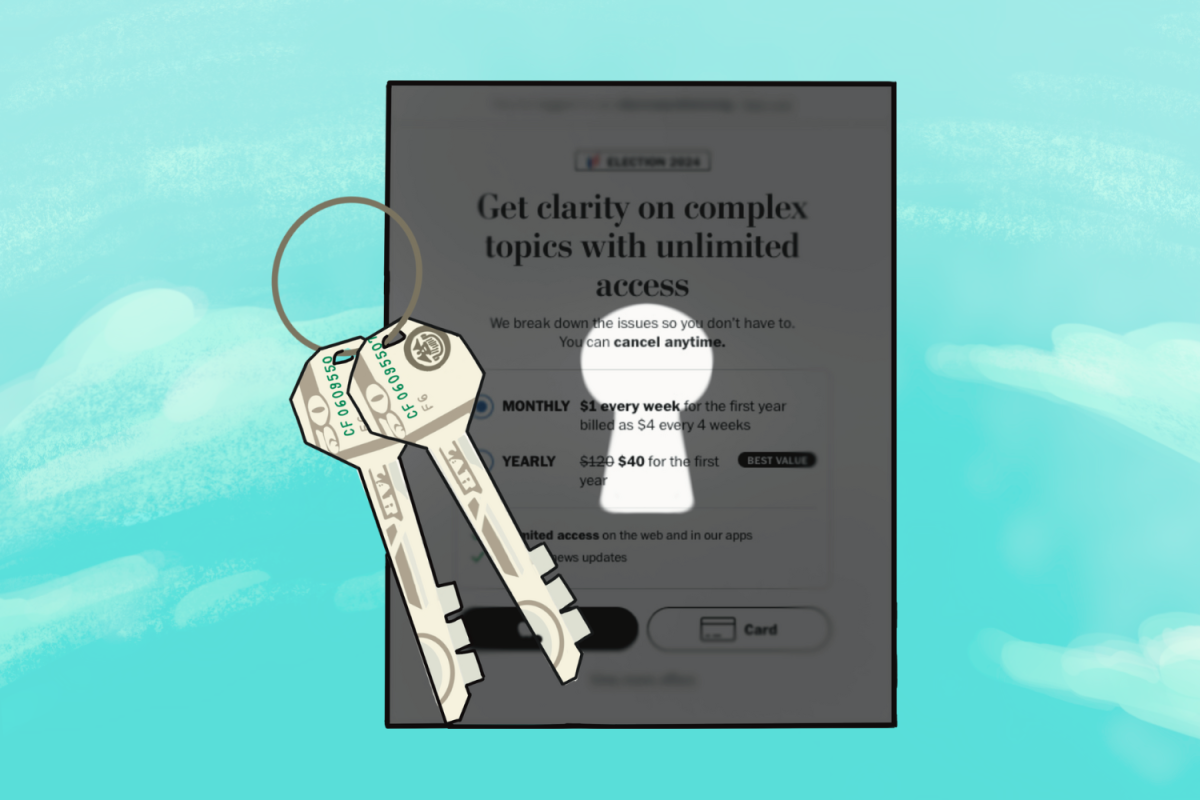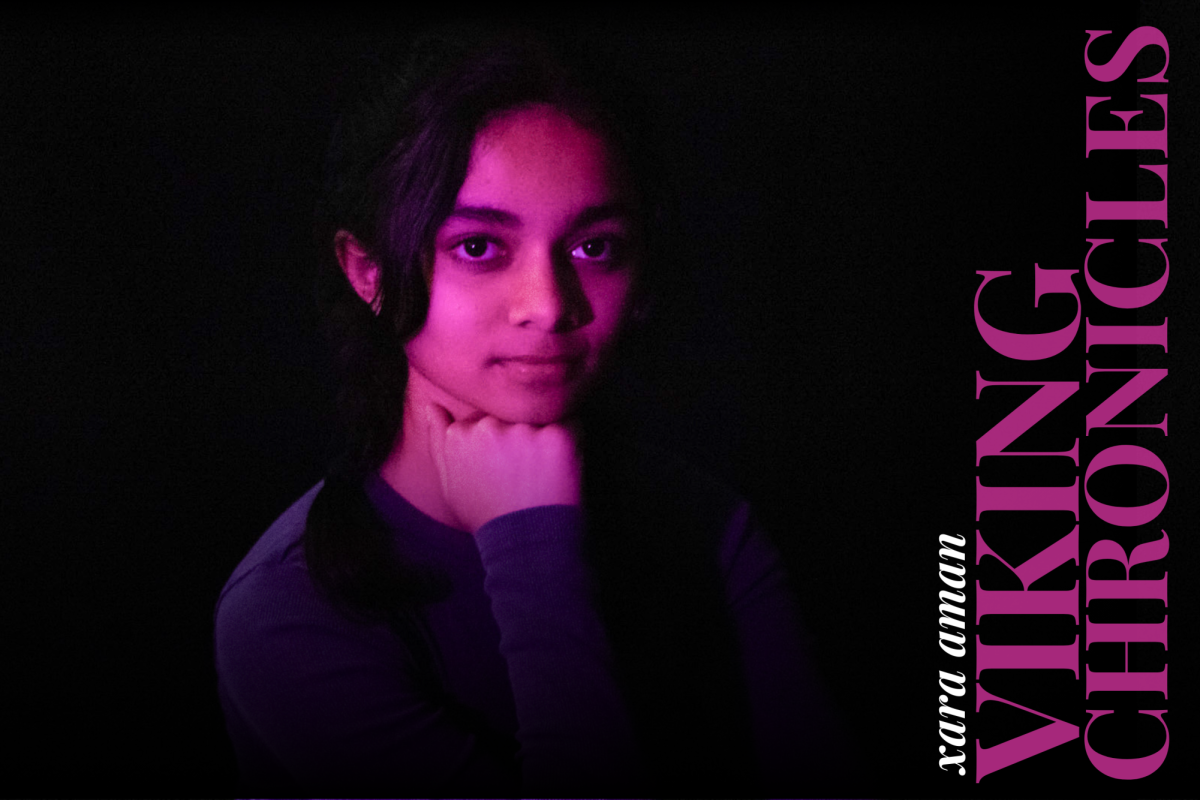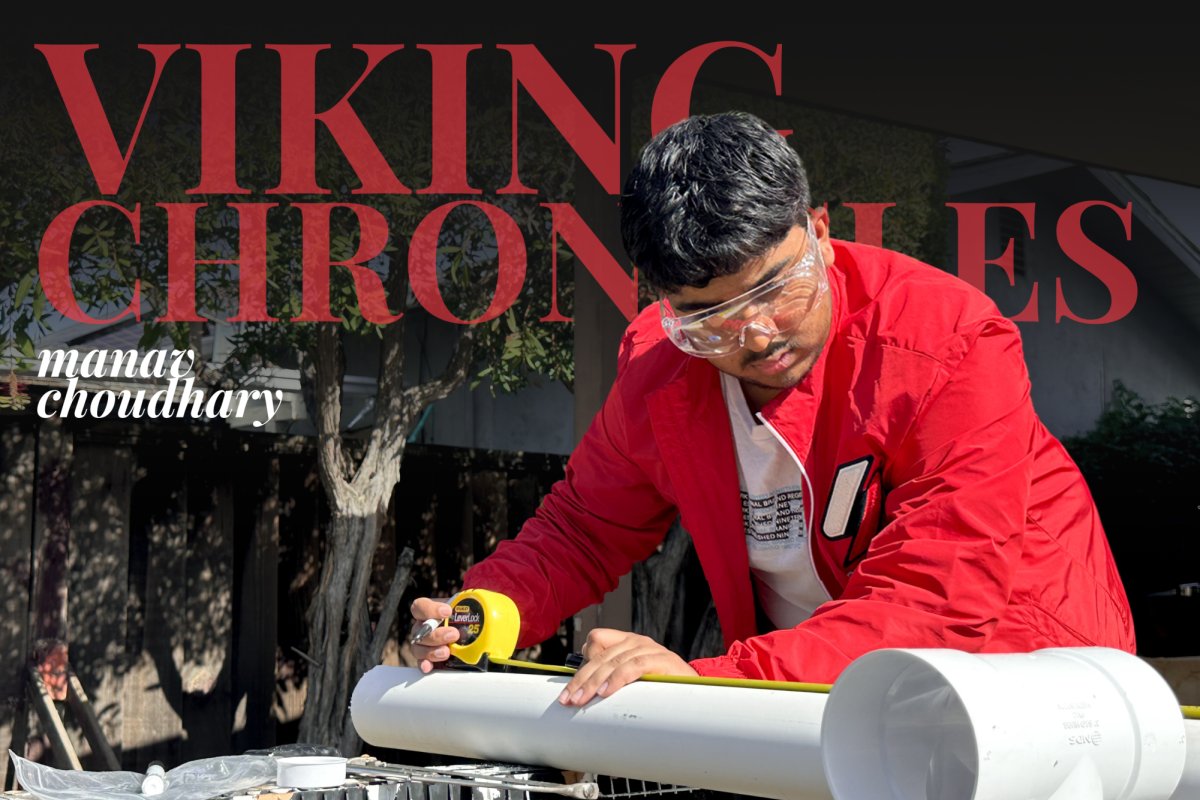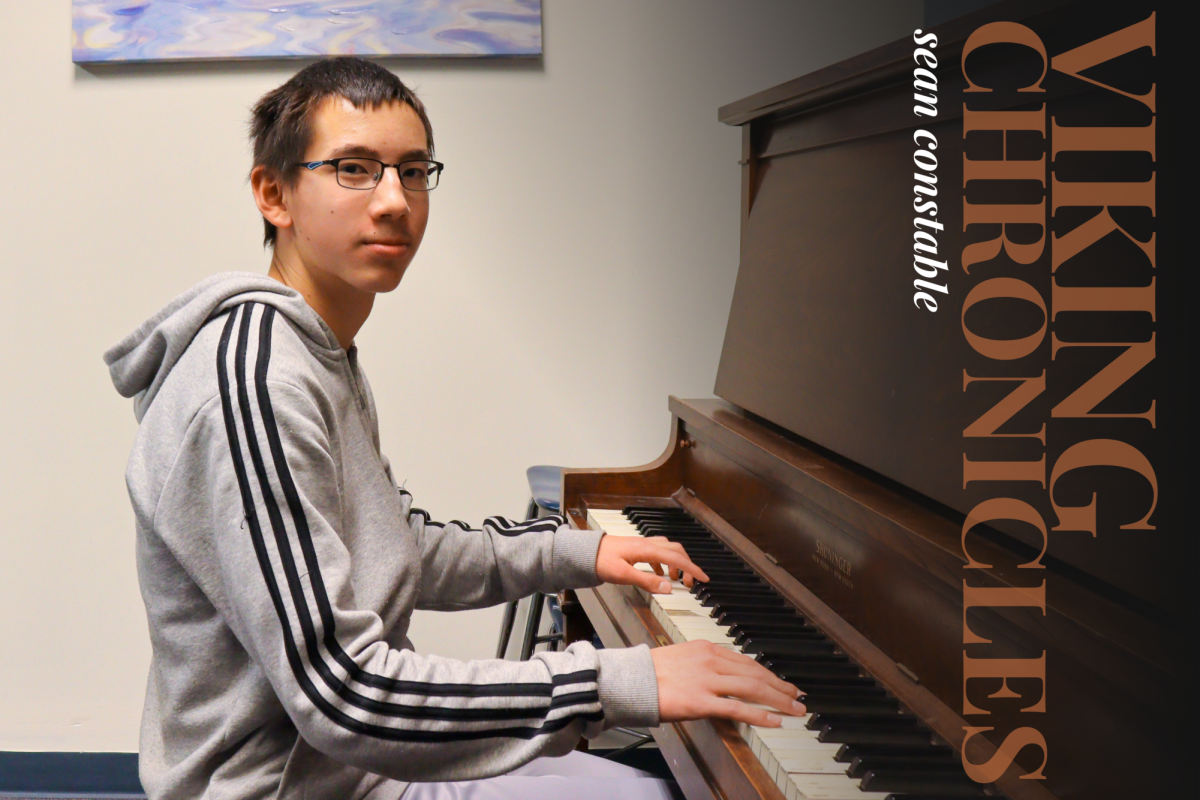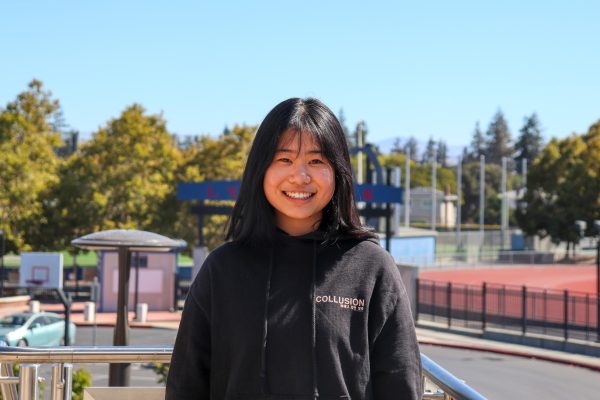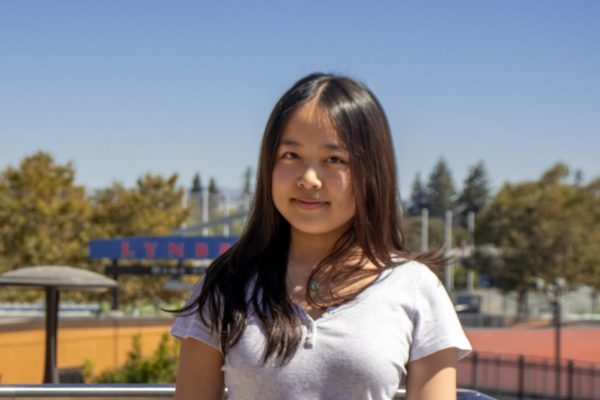It’s the age of misinformation: scrupulous journalism and research are expensive to achieve, while fabrication and conspiracies are readily churned out. Due to these costs, many newspaper and academic websites have implemented paywalls, hiding valuable content behind monetary barriers. Genuine news and reporting have often become inaccessible while lies and misinformation take over the media. Thus, paywalls hinder access to credible information and should be replaced with unrestricted, publicly-funded media.
“I didn’t realize how much I was paying for my New York Times subscription,” librarian Amy Ashworth said. “Paying for credible news should not be so expensive.”
With paywalls restricting public access to content, there are often limited news sources available for free. More than two-thirds of leading newspapers from the United States and European Union are paywalled. With these restrictions, a reader may only have access to the articles’ headlines or a few selected sentences from the story. Article headlines are often written to be inflammatory and subversive, and may be misleading if the full context of the story is not offered. As readers cannot see past these paywalls and misleading titles, they may misinterpret the news and information that the article intended to portray.
Furthermore, paywalls create a barrier between those who can afford to read stories and those who cannot. Marginalized groups, with limited internet access and who cannot afford the subscription fees, are at a disadvantage as they are unable to access the same amount and quality of information as other groups. Currently, there is already an inequality in media accessibility. The bottom 40% of the income distribution accounts for only 20.8% of total spending on reading, including newspapers, magazines and books. As an increasing number of primary news sources get paywalled, those who are unable to afford them are stuck with secondary and tertiary sources, which are more liable to misinformation. Consequently, there is a deepening divide between the privileged and underprivileged.
“Journalism should be free to consume because education is already hard to come by for some people,” sophomore Stephen Florip said. “Paywalls only reduce the amount of information that people can receive.”
In the current media, bias is present in many newspapers, including the popular ones, which has fueled the polarization of stories on many political and social issues. As a result, it is increasingly difficult for readers to find fact-based, neutral sources. Readers are now required to actively interpret news on their own by cross-checking between different outlets or verifying the authors’ credibility. Paywalls interfere with the individuals’ ability to fact-check information, as readers have limited access to available media. Furthermore, many people may not be able to afford the expenses of having multiple subscriptions, and thereby feel discouraged to verify their news. This results in a lack of diversity in news and opinion as people may only be exposed to one side of the story.
Paywalled news is antithetical to public media, and its expansion is detrimental to the health of our democracy. The U.S. has publicly-funded media systems, in the forms of PBS and NPR, yet neither are as relevant to U.S. citizens as the BBC to British citizens, for instance. A paper published by the University of Pennsylvania found that secure funding for public media systems and protections for their political and economic independence was correlated with healthy democracies.
The proliferation of mass-produced, low-quality articles and shuttering of fact-checked news behind paywalls makes it imperative to know how to navigate the politicized news landscape. A fact can be reported many ways, and readers should constantly verify their understanding of an article with other sources. In addition, reading the headline or the first few lines of an article is never enough — the beginning is always the most thrilling and sensational.
“A tip I have is to look for primary sources,” Ashworth said. “News outlets are filtered by editors, and thus the information they present may be biased.”
Despite the cost, paywalls can be justified in certain circumstances. People are migrating to digital platforms for news consumption, where quick turn-around drives more engagement and revenue than quality content. While tabloid sites can keep themselves funded with numerous ads, more reputable newspapers have little to no ads that provide revenue. Through paywalls, some argue that newspapers can establish a more stable source of revenue to fund their team of writers, editors, designers and lawyers.
“In-depth research may become expensive with paywalls,” sophomore Kartik Gudapati said. “But by paying, readers are funding the future research of these publishers.”
Although the goal of paywalls is to provide revenue, it is ineffective in achieving that. According to a Pew Research Center report from 2014, news media got more than two-thirds of their revenue from advertising. Therefore, the monetary contribution made by paywalls is limited, even as the negative effects outweigh the good.
When it comes to bypassing paywalls, the best solution is to utilize the local library. A library card gives access to many news sources that would normally be hidden behind monetary barriers.
“Admittedly, the library interface is not easy to navigate,” Ashworth said. “But the only way to get free access to paywalled content is through your public library. Get a library card.”
As an alternative to paywalls which limit access through subscriptions, media outlets could implement pay-per-view articles. In this approach, readers are only paying for articles that they want to read, which could reduce their overall spending and improve affordability. In addition, companies could paywall only certain articles, which is what the Mercury News already does. Critical news articles should stay unrestricted, but less-crucial stories such as those on sports or entertainment could stay limited to subscription-holders. In this way, media outlets could still profit from select articles while maintaining accessibility to important news. There are also platforms and apps such as Apple News and Flipboard that federate content, allowing consumers to read articles and news from a variety of sources. In this way, people are able to read a variety of news — whether left or right leaning, local or national — with a single payment, rather than managing multiple subscriptions over a number of magazines and publishers.
As online media continues to restrict their content with monetary barriers, it is critical to consider the drawbacks of these paywalls. These subscription services perpetuate sensationalism, increase the knowledge gap and restrict the spread of credible information. Through publicly funded media, pay-per-view features, and selective monetization, the news and media industry can work on reducing paywalls and improving the free flow of ideas and information.






















































